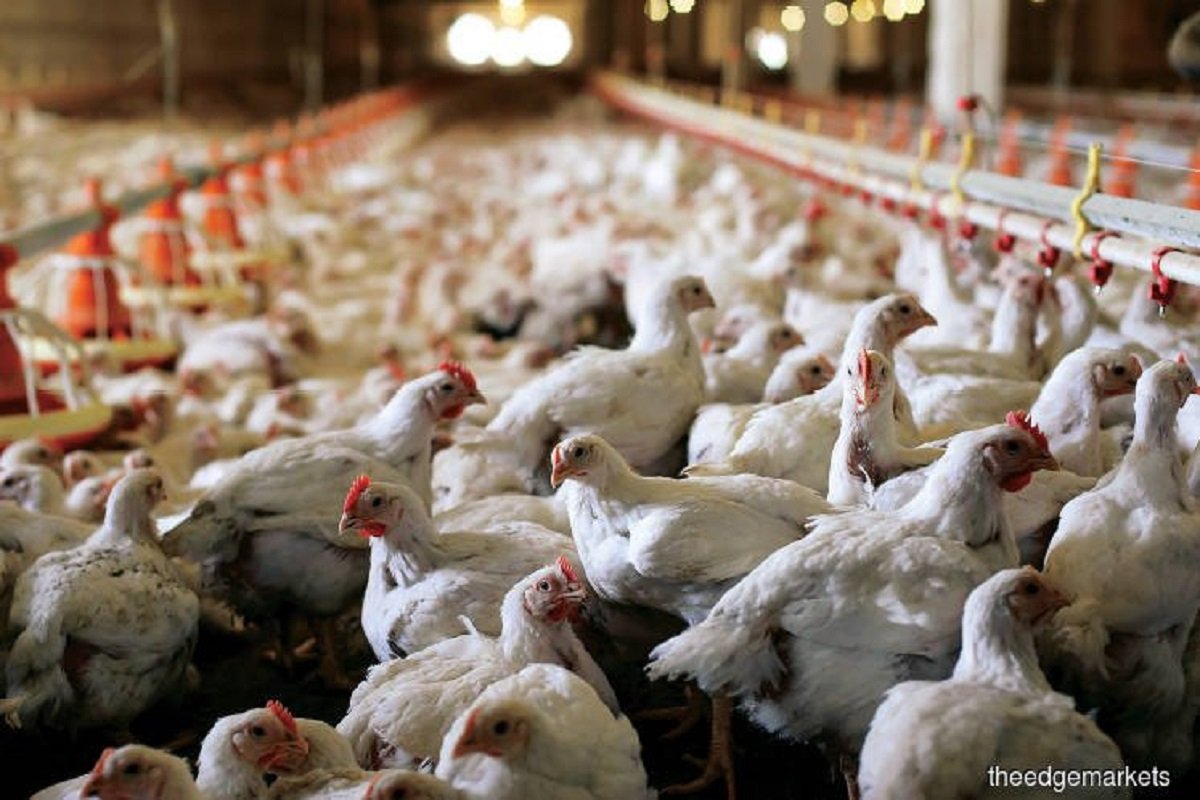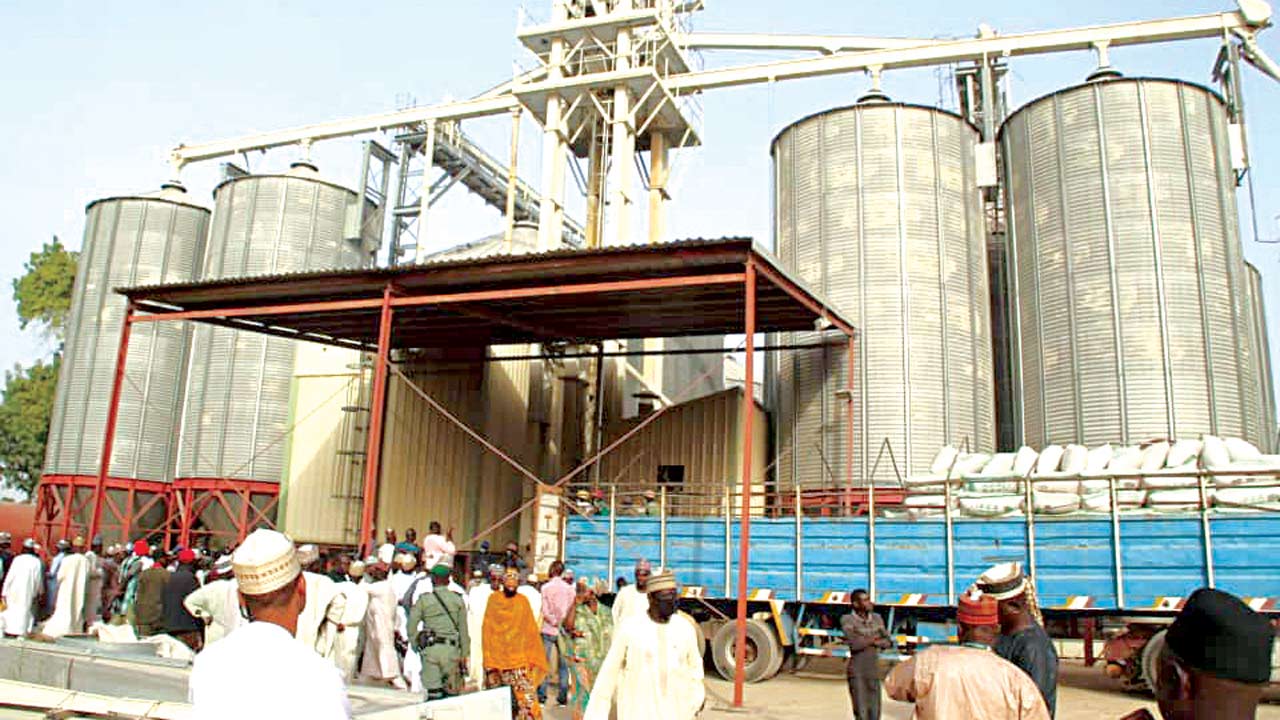The federal government has identified people responsible for the high cost of operations in the poultry sector. This was made known by the Federal Competition and Consumer Protection Commission (FCCPC), which condemned the manipulation of the market by a ‘cartel in the poultry industry to keep the prices high in the country.’
It said that the packaging industries were not also left out by the cartel in engaging in actions to keep the prices high. These actions were being carried out despite government’s sundry interventions to maintain price stability.
Mr Tunji Bello, the Chief Executive Officer of the commission made this known at a stakeholders meeting in Uyo in continuation of FCCPC’ nationwide advocacy against exploitative pricing in the market. FCCPC already hosted similar engagements in several states across the federation.
Mr. Bello did not just level the allegation without a thorough scientific research. When he made the pronouncement in Uyo, Akwa Ibom state, he said it was based on an investigation it had carried out nationwide. According to Mr. Bello, the poultry cartel consisting of big holders dictate the price for the smallholders to sell their products.
Revealing the Commission’s finding in one of the major cities, the FCCPC boss said: “The small poultry owners used to sell a day-old chick for between N480 and N590 and they still made a profit.
“But not after the arrival of two big players in the market. I choose to withhold their names at this point.
“They (big players) brought in big money and expanded the market and expectedly they were soon in a position to control 80 to 90 percent of the poultry market in the city.”
He told the participants consisting of industry captains, MSMEs, market leaders, farmers, transporters, service providers and non-governmental organizations (NGOs), that two big poultry players, “used their clout and financial muscle to hijack the local poultry farmers association and now dictated that a day-old chick be sold at N1,350 in a curious reversal of the law of the economy of scale which otherwise stipulates that the more you produce, the less the unit price.”
This, according to him, explains the reason behind high prices of products despite government supports to the poultry industry.
That is a source of concern for the government, which has, through the Federal Ministry of Agriculture and Food Security, supported poultry farmers with broilers, vitamins, feeds and cash through various interventions across the six geopolitical zones in th country.
However, poultry farmers have also had to deal with the cost of inputs since last year. For instance, starter mash which sold for N11,000 in October 2023 rose to N14,000 in January this year, N16,500 in March, N21,500 in July and N23,500 in October.
The price concern is not limited to the poultry sector. The FCCPC is not comfortable with the high prices of drinks in recyclable packs, which it said was substantially caused by “unfair pricing”
It said that “The cartel in the packaging sector consists of five big players who are in the business of importing and providing local manufacturers with packaging materials.
Members of the cartel, Mr. Bello said, “operate in a mafia-like fashion such that if you choose to leave one of them to check the price of the other, before you would reach the next factory, the first seller would have tipped off the second seller to quote the same price.”
Since the authorities know the cartel and the challenges its members pose to the system, why has the government not curb the excesses? The FCCPC boss said the authorities were being cautious, applying democratic principles, rather than applying the FCCPC Act, which prescribes stiff penalties ranging from heavy fine to jail terms.
He, however, said the government cannot do it alone. So, he called on the business community in Akwa Ibom to collaborate with FCCPC to curb exploitative pricing as well as sanitise the markets.
To cushion the harsh effects of ongoing economic reforms, Bello said President Bola Tinubu has introduced a number relief measures like the removal of tariff on food imports, VAT on pharmaceuticals and medical devices, tax waivers for businesses and public transportation as well as providing easy credit for the conversion of vehicles from petrol to CNG.
“It is only fair that our businessmen and businesswomen and traders share such gains with consumers in form of reduced prices,” the FCCPC boss added.
Many of the speakers expressed concern over the high cost of doing business in the country particularly the high interest rates, multiple taxation and the increase in electricity tariff as they affect businesses.
They also called on the federal government to abolish illegal road blocks to reduce the price of food communities.












